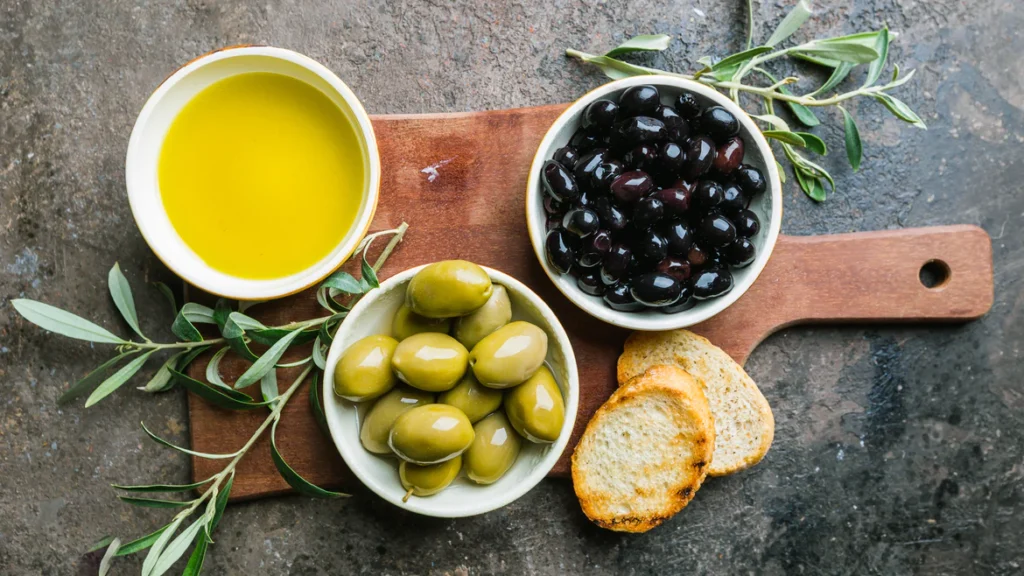Olive oil is one of the most popular and versatile oils out there. It has a long history of being used for cooking and other purposes, but did you know that it also has a variety of health benefits? In this blog post, we will explore some of the science-based benefits of it. From reducing inflammation to boosting your immune system, read on to learn more about what it can do for you.
What are the Health Benefits of Olive Oil?

Source: wellversed.in
There are many health benefits to consuming olive oil, including reducing the risk of heart disease, cancer, and Alzheimer’s disease. Here are 5 of the most science-backed benefits of olive oil:
- It can help reduce the risk of heart disease. A study published in The Journal of Nutrition found that people who consumed high amounts of olive oil had a 46% reduction in risk for heart disease compared to those who didn’t consume it. This is likely because olives are a good source of antioxidants and monounsaturated fats which can help lower bad cholesterol levels and protect against heart disease.
- It can help reduce the risk of cancer. According to studies published in The Journal of Nutrition, individuals who consumed high amounts of olive oil were 30% less likely to develop cancer than those who didn’t consume it. This is likely because olives are a rich source of antioxidants and polyphenols which have anti-cancer effects.
- It can help improve cognitive function and memory recall. A study published in The Journal of Neuroscience found that people who supplemented their diets with high amounts of virgin olive oil performed better on tests that measure cognitive function and memory recall than those who didn’t consume it. In fact, the study showed that virgin olive oil was even more effective than antioxidant supplements at improving cognitive function and memory recall!
- It has anti-inflammatory properties which can help reduce inflammation throughout the body. Studies have found that it can reduce the risk of chronic diseases such as heart disease, stroke, and cancer by acting as an anti-inflammatory agent.
- It can help improve skin health. A study published in The American Journal of Clinical Nutrition found that people who consumed high amounts of olive oil had improved skin quality compared to those who didn’t consume it. The study showed that it was effective at reducing the signs of aging such as wrinkles and age spots.
How Does It Help with Weight Loss?
Olive oil is a monounsaturated fat that helps with weight loss in a few different ways. It can help to decrease calorie intake because it makes food taste better and can be used as a cooking oil or as part of a healthy salad dressing. Additionally, it can boost your metabolism since it’s high in antioxidants and has been shown to help burn calories. Finally, it can also help you lose weight because it helps to increase lean muscle mass and decrease body fat.
Are There Any Risks to Using Olive Oil?

Source: healthline.com
There are some potential risks associated with using olive oil, but they are generally considered to be minimal. Some of the most common risks include:
- Possible skin irritation or allergies – Those with sensitive skin or allergies may experience skin irritation or an allergic reaction when using it.
- Problems with the liver – A small percentage of people may experience problems with their liver when using it, such as an increase in liver enzymes or gallbladder problems.
- Preexisting health conditions – Those with pre-existing health conditions should consult their doctor before using it to ensure that it is safe for them.
We hope you enjoyed reading about all of these amazing benefits and that you will start incorporating more olive oil into your life!






